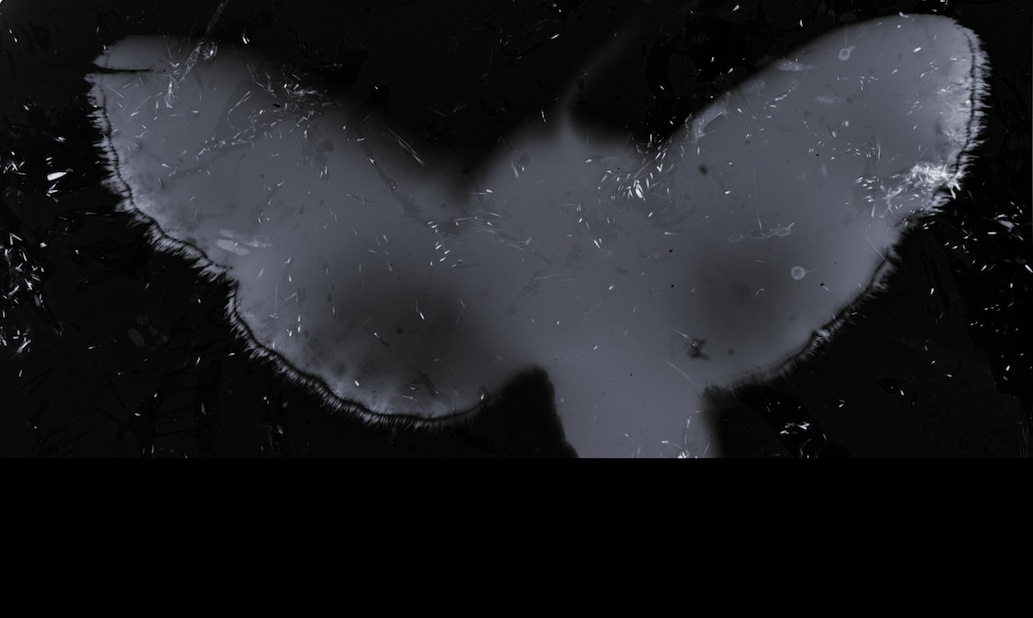Affective poetics & Public access: the critical challenges of environmental art.
DOI:
https://doi.org/10.60162/swamphen.3.10603Keywords:
Environmental Art, Climate Change, Affect, Global ecologies, Ecocriticism, Public Art.Abstract
While this paper recognises that the dominant discourses of contemporary art remain anthropocentric, it identifies environmental art as a relatively recent movement in a shift towards a nascent cultural recognition of shared human and nonhuman global ecologies. Using the heuristic contrast of a ‘slow’ art of affective poetics as against a ‘fast’ art of public accessibility, the paper aims to define some of the major critical challenges of contemporary environmental art. In particular, whilst acknowledging the pressing need for a cultural response to climate change and loss of biodiversity, it considers some of the problems in the use of what it refers to heuristically as ‘fast’ art as a means of proselytising an environmental message. On the other hand, the paper questions how a ‘slow’ art of affective poetics might be adapted to reach a wider public.
Downloads
Published
Issue
Section
License
Authors who publish with this journal agree to the following terms:- Authors retain copyright and grant the journal right of first publication with the work simultaneously licensed under a Creative Commons Attribution License that allows others to share the work with an acknowledgement of the work's authorship and initial publication in this journal.
- Authors are able to enter into separate, additional contractual arrangements for the non-exclusive distribution of the journal's published version of the work (e.g., post it to an institutional repository or publish it in a book), with an acknowledgement of its initial publication in this journal.
- Authors are permitted and encouraged to post their work online (e.g., in institutional repositories or on their website) prior to and during the submission process, as it can lead to productive exchanges, as well as earlier and greater citation of published work (See The Effect of Open Access).

